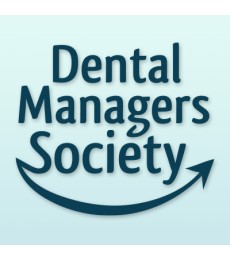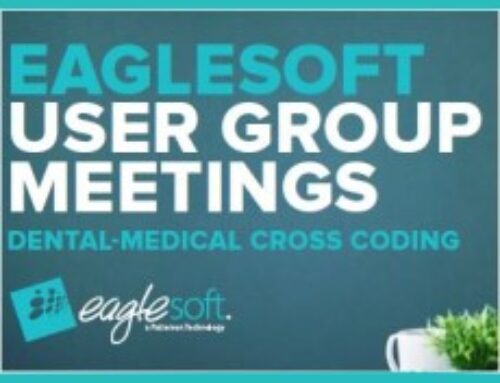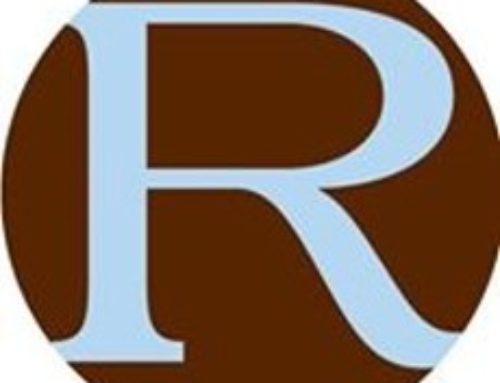Negotiating good lease language is one of the most important parts of buying a practice and negotiating new terms at the end of a term when options to extend can give a lessee leverage to change the details of the lease. After all, the expense of rent can easily be 5-10% of the overall budget of a practice. Dental practices have specific needs when looking at lease terms so be aware of them when discussing this aspect of a purchase or reviewing the current lease to exercise an option.
Rental rates vary widely according to the location, so it is good to get an estimate from a realtor or look at commercial rents paid for professional office spaces in other parts of the community of the practice site. Annual rent increase rates based on inflation are often written into the lease, and often the rates can be 3%, so it is good to get a reasonable fixed rate, and not accept language allowing a fixed rate or the market rate, depending on which is greater.
Dental practices are normally good tenants since practices don’t go out of business as often as other commercial tenants, and once the space is built out as a dental practice, practices are usually sold and a new tenant occupies the space without interruption in rental payments. Therefore, use this as leverage in convincing the landlord that the value of a good tenant is worth giving the lessee good terms.
Is there room to expand the practice outside of the existing space? And is that possibility considered in the lease? This is valuable to a prospective buyer who is looking at long-term growth of the practice. And if there are other professional spaces available in the building, try have an exclusivity clause included so another competitive dental practice can’t locate in the same building.
There may be a personal guaranty required of the lessee, particularly if there is a new practice or a practice corporation that hasn’t been in existence for long. Try to either not have a personal guarantee, or have it limited to the first few years of the lease while the practice is building up a stable patient base.
The provision on assignment and subletting is crucial to prospective selling of the practice, since if there isn’t a clause requiring at most a landlord consent “not to be unreasonably withheld” it may hold up a sale. A clause allowing more tenant freedom to assign the lease if it is to another dental practice can add value to the lease and also be agreeable to a landlord looking to continue to have solid continuation of tenants when the time comes for a practice to be sold. Sometimes an unreasonable landlord may demand an exit payment to obtain consent for an assignment.
Lease extension options are important, and for long periods into the future, such as a number of five-year options, with the opportunity to renegotiate some of the terms at the end of each option period. Banks often require these kinds of lease extensions before financing long-term loans for practice purchases.
The triple net lease, or tenant payment of a share of taxes, insurance and maintenance is often offered, instead of a gross lease, in which the landlord pays these expenses, so it is important to require information on what the average increases in these figures have been, and maybe in the future. A good term is to require that major or exterior maintenance be taken care of by the landlord, except for perhaps the cost of snow plowing or regular landscaping. Avoid language which may allow for costs that should be borne by other tenants to be included in the maintenance expenses. There should be language regarding the allocation of potential future costs such as repair or replacement of the HVAC system. It must be laid out what is considered a repair to the structure of the building, which generally should be covered by the landlord, what is the tenant’s responsibility, particularly if it affects the interior premises and functioning of the practice, such as the provision of utilities. The owner of the premises should be required to have a general liability insurance policy, with the tenant required to have personal property insurance to cover individual items such as dental equipment.
For dental practices the provisions on allotted parking spaces and signage are important to insert to ensure that enough convenient parking is available for patients, and that marketing the practice through good signage is allowed by the landlord up to the extent of local ordinances.
A good lease is of value to a practice seeking to develop a long-term transition plan, since it is one of the factors prospective buyers look at first when weighing where to locate. So don’t accept blindly what the landlord is offering before negotiating something better!
Attorney Brian Hatch Assists Clients in the Dental Practice Purchase and Sale Process from Valuations to Letters of Intent to Drafting and Review of Documents Necessary to Complete the Sale.
Hatch Legal Group
8 North Main Street
Attleboro, MA 02703





